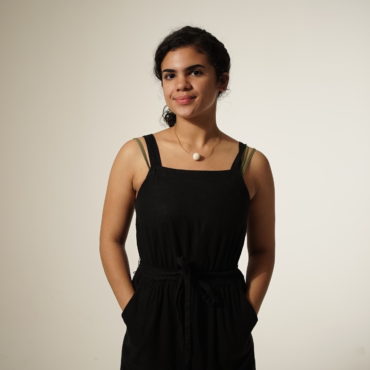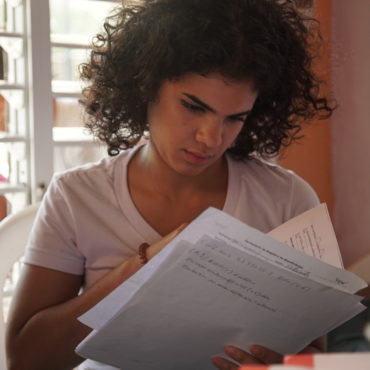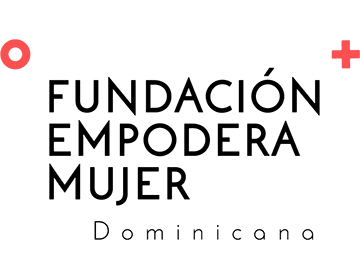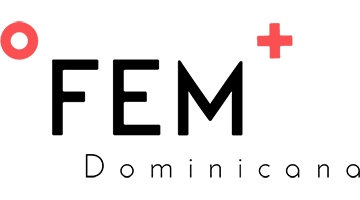The FEM founders are happy to announce that Lucía, our Summer’19 intern, has received the prestigious Fulbright scholarship. We could not be more proud and thankful for her valuable work at FEM Dominicana. Here is a little blurb she wrote so you guys can meet and get to know the work of this incredible FEM BOSS Lady.
Hello! I am Lucía, and I have been working with FEM Dominicana since the summer of 2019. After finding out about the work FEM does to effectively address reproductive healthcare inequality, I reached out to the organizers and landed a position as an intern. Although I was born and raised in the United States, the rest of my family lives in Santo Domingo. When I get the opportunity to visit, I value spending time with the women of my family discussing their different experiences of womanhood, including access to family planning services. We talk about the options they enjoy within the health system and the opportunities they have had to plan their lives and futures, both professionally and personally. We also lament the financial barriers that block other women from accessing these same options. FEM allowed me to make these conversations productive. As an intern, I have played a part in uniting the women of Villa Altagracia with the services they deserve and encouraging independence and confidence.
These skills and affirmations are also reflected in my own life and have equipped me to apply for and accept a Fulbright scholarship. Fulbright is an international program sponsored by the United States government, whose objective is to increase cultural understanding through educational exchanges. Starting in February 2021, I will live in the province of Mato Grosso, Brazil, where I will learn about the local benefits of sustainable cotton production in the hope that other communities can incorporate similar practices. I chose to research this topic because cotton is an important and widely produced fiber that affects farmers, consumers, and the environment. I will be learning ways to improve production and harvesting methods, the cotton supply chain as a whole, and especially how farming communities can enjoy a more environmentally and socially sustainable sector. Thanks to the time I have spent with FEM, I am prepared to learn from others and how a community works together to overcome challenges and achieve a better tomorrow.
